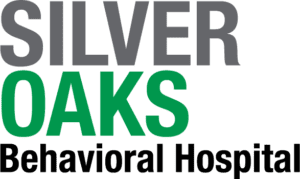Mental Illness Awareness Week
Mental illness is not uncommon. Millions of people of all ages across our country, experience first-hand what it means to have a mental health condition. It is a reality, then, that even more of us know what it means to care about someone who has a mental illness. Each year, during the first week of October, the National Alliance on Mental Illness (NAMI) and other supportive organizations work to raise awareness and reduce stigma regarding mental illness.
Since 1990, this dedicated week provides encouragement and a voice for all those who live with mental health concerns. Below are some of the statistics on mental illness provided by NAMI especially for this special week. These numbers and the scope of mental illness may surprise you. Know that mental illness affects us all. Consider organizing your church group, your child’s school, or other supportive group(s) to raise awareness in your community by giving or volunteering.
NAMI provides the following information for Mental Illness Awareness Week:
- 1 in 5 U.S. adults experience mental illness each year
- 1 in 20 U.S. adults experience serious mental illness (SMI) each year
- 1 in 6 U.S. youth (aged 6-17) experience a mental health disorder each year
- Annual prevalence of mental illness among U.S. adults, by demographic group:
- Non-Hispanic Asian: 16.4%
- Non-Hispanic white: 23.9%
- Non-Hispanic Black or African American: 21.4%
- Non-Hispanic American Indian or Alaska Native: 26.6%
- Non-Hispanic mixed/multiracial: 34.9%
- Non-Hispanic Native Hawaiian or Other Pacific Islander: 18.1%
- Hispanic or Latino: 20.7%
- Lesbian, Gay or Bisexual: 50.9%
- Annual prevalence among U.S. adults, by condition:
- Major Depressive Episode: 8.3% (21 million people)
- Schizophrenia: <1% (estimated 1.5 million people)
- Bipolar Disorder: 2.8% (estimated 7 million people)
- Anxiety Disorders: 19.1% (estimated 48 million people)
- Posttraumatic Stress Disorder: 3.6% (estimated 9 million people)
- Obsessive Compulsive Disorder: 1.2% (estimated 3 million people)
- Borderline Personality Disorder: 1.4% (estimated 3.5 million people)
- 47.2% of U.S. adults with mental illness received treatment in 2021
- 65.4% of U.S. adults with serious mental illness received treatment in 2021
- Annual treatment rates among U.S. adults with any mental illness, by demographic group:
- 164 million people live in a designated Mental Health Professional Shortage Area
As NAMI always says,” You Are Not Alone”, and you’re not! If you or someone you love is experiencing a mental health concern or crisis, call Silver Oaks Behavioral Hospital at (844) 580-5000. We can help by providing a free, confidential assessment to determine the best level of care for you or your loved one. We care and stand ready to help. Just call.


